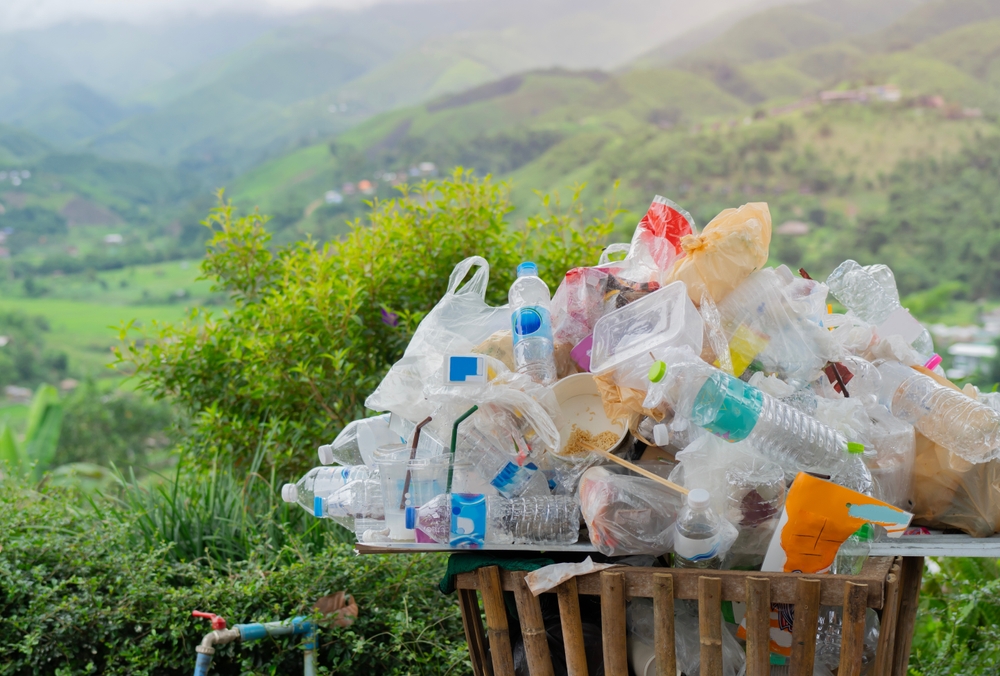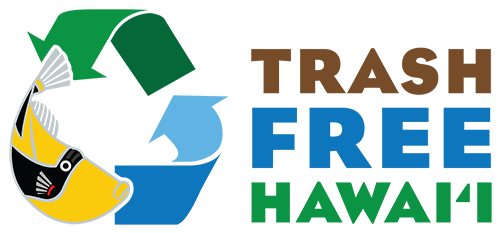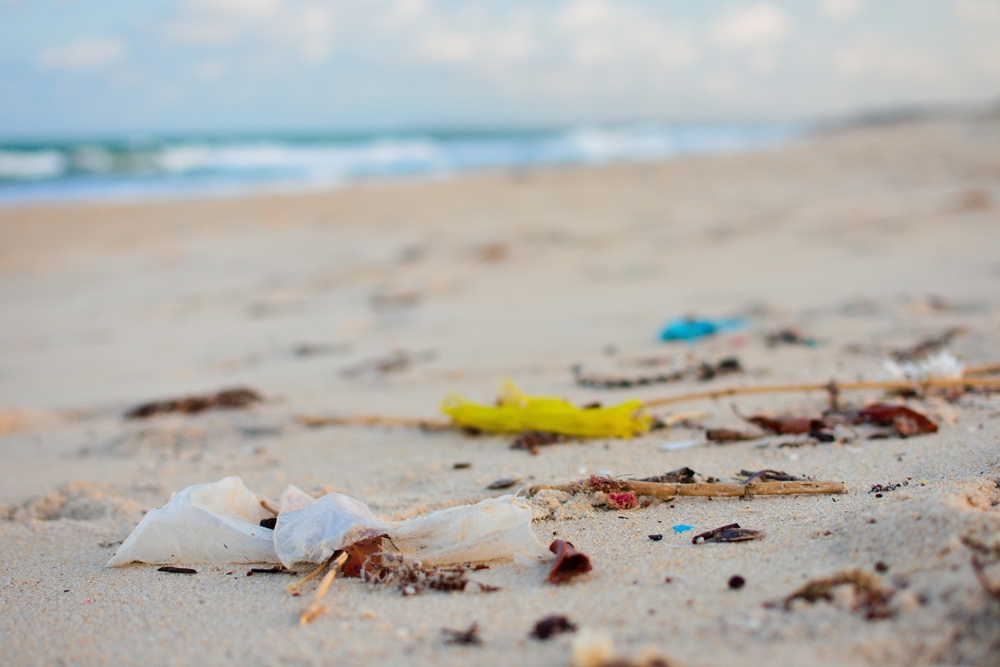
Waste comes in many forms, and how we manage each type impacts the health of our environment, on land and in the water. Everything we throw away ends up somewhere. By learning how to properly dispose of different kinds of waste, we can help protect our oceans, forests, and other ecosystems from pollution.
Solid Waste
Solid waste includes everyday items like wrappers, old furniture, plastic bags, and textiles – things that typically go into your gray trash bin from the City & County of Honolulu. When left on sidewalks or streets, rain can carry these items into storm drains and eventually out to sea, where they harm marine life and coral reefs. They can even clog the storm drain system, leading to flooding within our communities.

Be sure to place solid waste in a trash bin or take it to one of the authorized waste drop-off locations on Oʻahu. You can also help keep solid waste off of our streets and out of our storm drains by joining our Adopt-A-Highway program and participating in community cleanups.
Liquid Waste
Liquid waste includes substances like oils, paints, household cleaners, and detergents. These can get washed down driveways or spill into gutters and flow untreated into the ocean. Over time, this pollution can severely damage marine ecosystems.

The only thing that should go into a storm drain is rainwater. Discharging runoff from your home or business into the State storm drain system without a permit is illegal. To report illegal dumping on a State highway, call (808) 831-6714.
Organic Waste
Organic waste includes biodegradable materials like food scraps, fruit peels, grass clippings, and leaves. While natural, this type of waste can clog drains and rot, fostering harmful bacteria and releasing dangerous gases. In our ocean, it can lead to nutrient pollution, depleted oxygen levels, and poor water quality.

Green waste, including grass clippings, leaves, branches, and fruit and vegetable waste, can be disposed of in the green bin. Composting is also a great way to reduce organic waste and enrich your soil! Learn how to compost here.
Recyclable Waste
Recyclable waste includes certain plastics, glass, aluminum, paper, and cardboard. These materials can be turned into new products, but only when disposed of correctly.

Recyclable materials should be disposed of in the blue bin. In Hawaiʻi, you can even get money back for your bottles and cans when you drop them off at a recycling center. Learn more here.
Hazardous Waste
Hazardous waste includes dangerous or toxic items like batteries, antifreeze, pool chemicals, medications, and mercury. These materials pose serious risks to people, animals, and the environment and should never be poured down the drain or tossed in the trash.

You can find out what specific waste is considered hazardous and when household hazardous waste collections occur through our flyer. Learn more about how to dispose of these here.
Sources: Environmental Protection Agency, State of Hawaii – Recycling & Waste, City & County of Honolulu – Household Hazardous Waste


